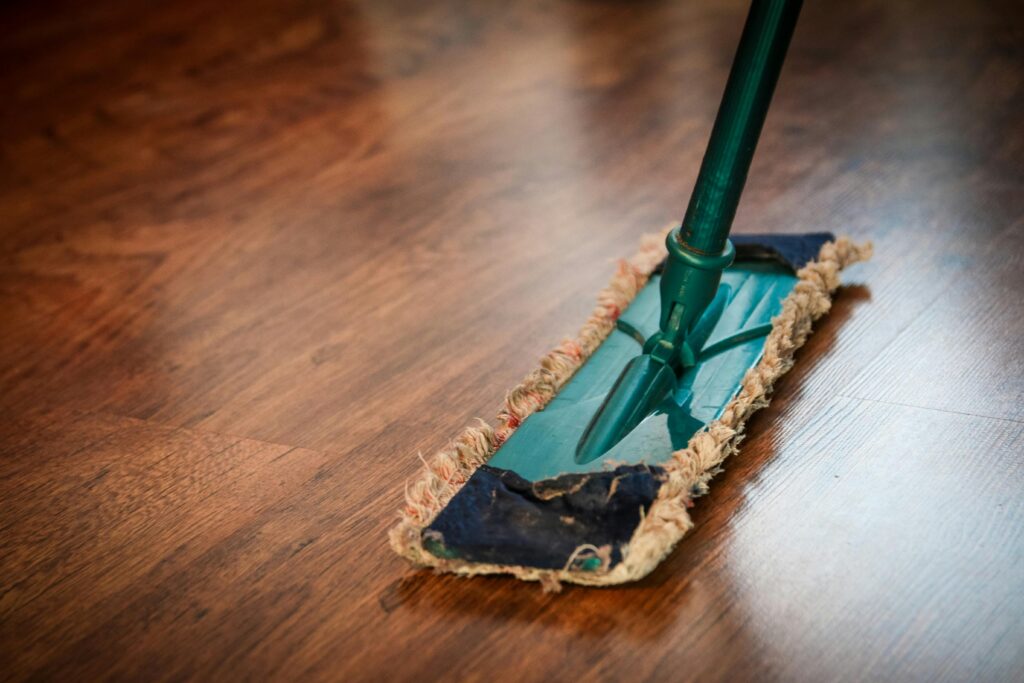
Mariam wiped the sweat off her forehead as she dusted the glass table in Madam Dolapo’s living room. The air conditioning hummed softly, but the anxiety in her heart made her feel as though she were sitting under the scorching sun. She had lived in this house for nearly a year, working as a house help. It wasn’t a bad life—three meals a day, a soft bed, and a steady salary. But lately, a terrible doubt had begun to creep into her mind.
“You think this woman is just being nice to you?” one of the neighborhood boys, Fatai, had said one evening. “She’s using your destiny. That’s why you’re still here washing plates while your mates are making money.”
Mariam had laughed at first. It sounded ridiculous. But the words stayed with her. Why was she struggling in life while Madam Dolapo had everything? What if they were right?
She thought back to the zobo and tigernut drink business she had tried to start three months after moving in. She had already gained a few customers in the neighborhood, and people had complimented her drinks. It felt like the beginning of something good. But when Madam Dolapo found out, she told Mariam to stop at once.
“It’s not hygienic,” Madam Dolapo had said. “If you want to sell food or drinks, you need proper training first. I can pay for it whenever you’re ready.”
At the time, Mariam had felt frustrated. She saw it as another way her madam was controlling her life, another way she was keeping her stuck. But now, looking back, had it really been about stopping her? Or had Madam Dolapo simply been concerned for her well-being? Mariam hadn’t seen it then. All she saw was someone standing in her way.
So when Fatai and his friends introduced her to a man they called “Baba Jamiu,” a spiritualist who claimed he could help her regain what had been stolen from her, she had been more than ready to listen.
“Your destiny is in that woman’s hands,” Baba Jamiu had said. “But we can recover it. You just need to bring something valuable from her house—a sacrifice to set you free.”
Doubt warred with desperation in Mariam’s heart. But the thought of a brighter future—a life where she wasn’t just a maid but a madam—was too tempting.
That night, as Madam Dolapo slept, Mariam tiptoed into her bedroom. Her hands trembled as she opened the wardrobe and found a black leather bag. Inside, her fingers brushed against crisp banknotes. British pounds. She hesitated, her breath shallow. Then, as if possessed, she grabbed a handful—£850—and stuffed it into her pocket.
The next day, she met Fatai and the others. “Good girl,” Baba Jamiu grinned, taking the money. “Now, you need to pay ₦34,000 for the ritual to work.”
Mariam didn’t have that much, but she scraped together what she could and gave it to them. She waited for days, expecting a change, a sign that her destiny had returned. Instead, Fatai and his gang disappeared. Her calls went unanswered. The truth hit her like a slap—she had been scammed.
Guilt gnawed at her. She couldn’t sleep, couldn’t eat. The money wasn’t even hers. Finally, she did the only thing she could—she confessed.
Madam Dolapo’s face darkened as she listened. “Mariam,” she said, her voice cold. “You betrayed my trust.”
Then, suddenly, Madam Dolapo’s expression twisted in frustration. She let out a sharp cry. “Ahhh! I knew my money was not complete, but I didn’t want to falsely accuse you! I told myself, ‘No, Mariam wouldn’t do such a thing!’ But look at this!” Her voice rose with every word, shaking with disbelief. “After everything I did for you! You stole from me?!”
Mariam opened her mouth to speak, but no words came out.
Before she knew it, Madam Dolapo had reached for her phone and called someone she knew had connections with the police to send officers to her house.
The officers arrived swiftly, and Mariam was taken away. The courtroom was a terrifying place, the air thick with judgment. She stood in front of the magistrate, shaking, as her bail was set at ₦200,000.
Now, she sat in her jail cell, staring at the cold, hard floor, regret clawing at her heart. She had thought she was taking back her destiny. Instead, she had almost lost everything.

